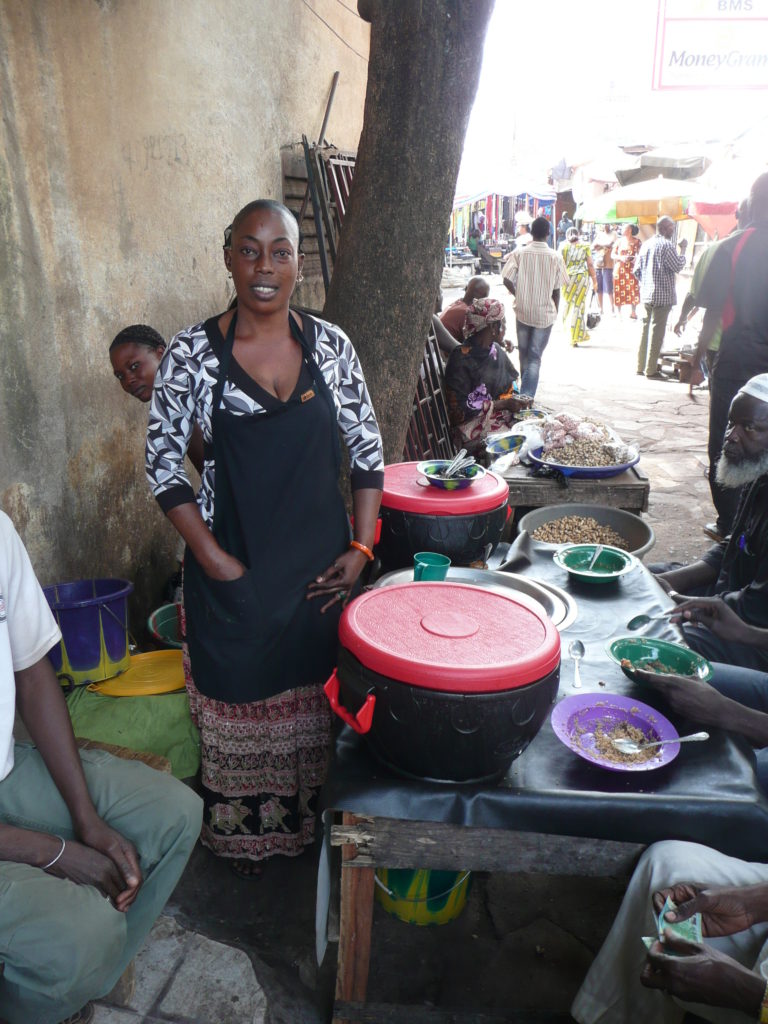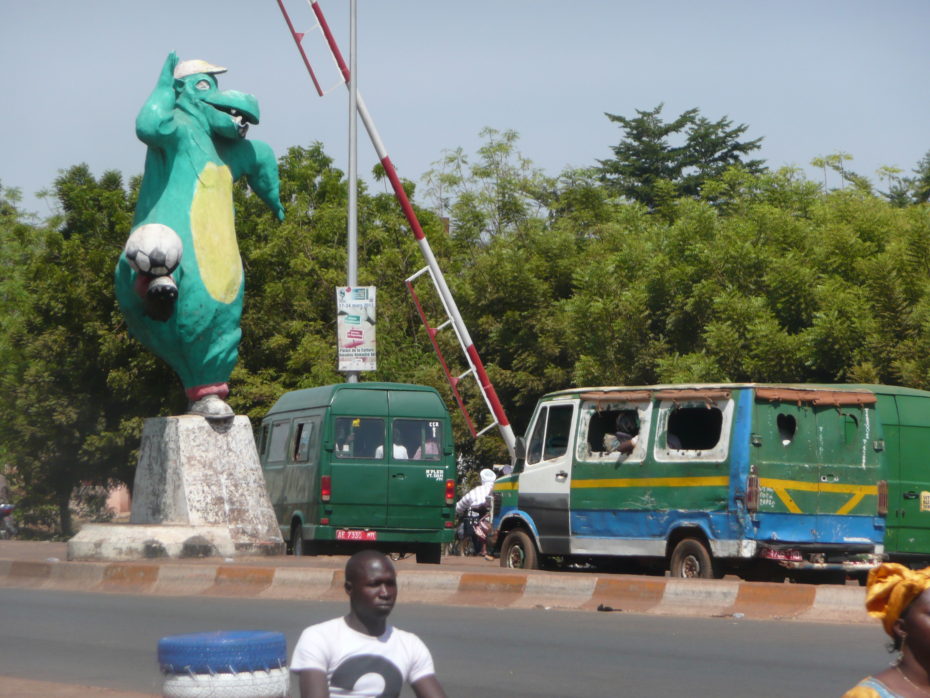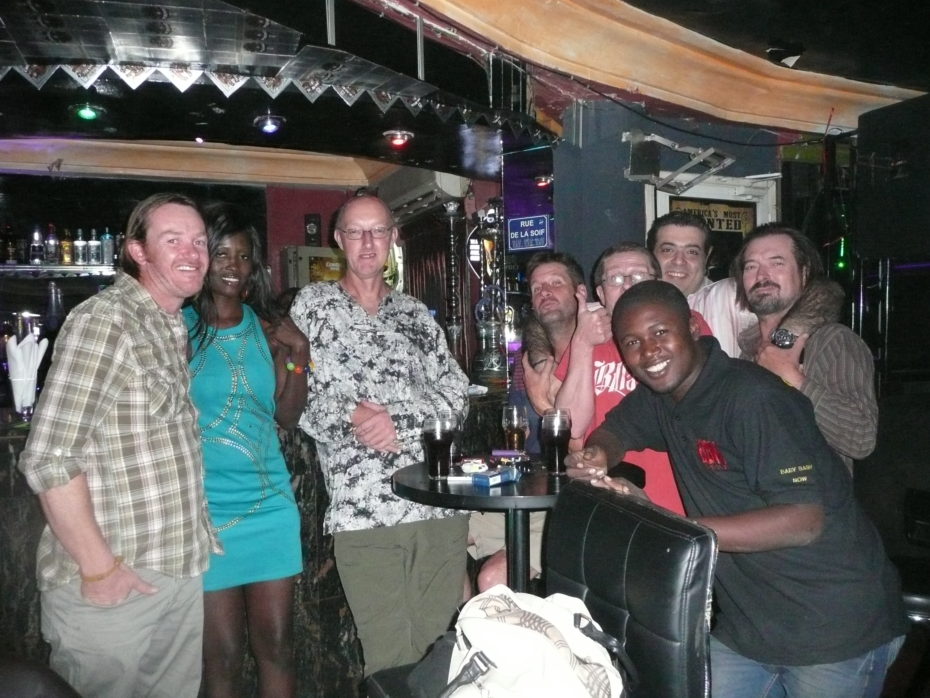With Mali’s musical reputation having spread far and wide you could be forgiven for thinking that this might be reflected in the night clubs of its capital Bamako. The reality is however at the opposite end of the spectrum to that presented in the comfortable confines of the European world music media.
Purely in the interests of research, naturally, I embarked upon a few nights of club crawling with some fellow English speakers. With free entry and taxis at a fraction of the cost at home, even when you are too drunk to notice you are paying rip off tourist prices, it’s eminently practical to try out several clubs in one night. Every club was characterised by two distinct traits: a complete absence of African music, let alone Malian tunes; exclusively female bar staff who were usually available for other, more intimate services should you wish to provide a suitable financial incentive to get them on the other side of the bar.
If you had closed your eyes and just listened you could have been in a high street club in Britain. Rhianna and David Guetta were regular favourites, with even Oasis making an appearance at one point it was a wonder that the clientele was almost exclusively local. The one bar with a live act playing more traditional music was entirely populated by whites, no doubt in search of that authentic Malian experience.
Those tempted by extra- curricular activities with the bar girls, and most indeed were exceedingly tempting, probably would not want to spend too much time considering the circumstances which brought them behind the bar. Unlike at home where bar work is a perfectly acceptable profession for a young lady (though I do dimly remember a few intoxicated nights which were probably the exception), it is most definitely not the case in Africa. You would have probably have burnt your bridges with the family to take on such a job and consequently most are foreign imports. Only one, the delectable Aicha (who probably didn’t live up to the Islamic ideal as the name of one of Mohammed’s wives) claimed to be Malian and she was even nice enough to give me her phone number. I suspect the conversation I would have liked to have had with her probably was not what she had in mind – particularly as she seemed to fail to grasp the concept of the irony of her club being named after the Cotton Club, where a whites only audience would be entertained by black performers in prohibition era New York. In the cold light of next morning’s sobriety I decided that it was probably best to lose the phone number and escape to neighbouring Guinea.
Unfortunately the circumstances for many of the women are infinitely more tragic: as with the sex industry elsewhere they have been trafficked and have little control over their destiny. Given the appalling way many such women have been treated by the UK authorities ( for one example see: http://www.theguardian.com/law/2011/apr/19/sex-trafficking-uk-legal-reform) their chance of finding justice in Mali is remote, where rich club owners would have little difficultly in buying the legal outcome of their choice. Moroccans seemed a popular choice but I encountered Eastern Europeans and others from West African states.

One of Senegal’s more pleasant imports: N’day, who sells the classic delicious senegalse dish Thieuboudienne in the market in Bamako
The influx of foreign support due to the instability in Mali has also boosted the industry as we discovered watching an aging UN worker entertaining a teenage prostitute. In the context of polygamous marriage, where some social constraints would be put on the husbands sexual activities, such age differences can sometimes be sanctioned in Africa but I suspect that most Malians don’t find the activities of loathsome old white men any more acceptable than we do. If it were not for the last vestiges of Christian charity in me it would be difficult to shed much of a tear on seeing such a dirty old bastard chained to the back of a pick up and dragged around town for the afternoon, after due legal process of course.






